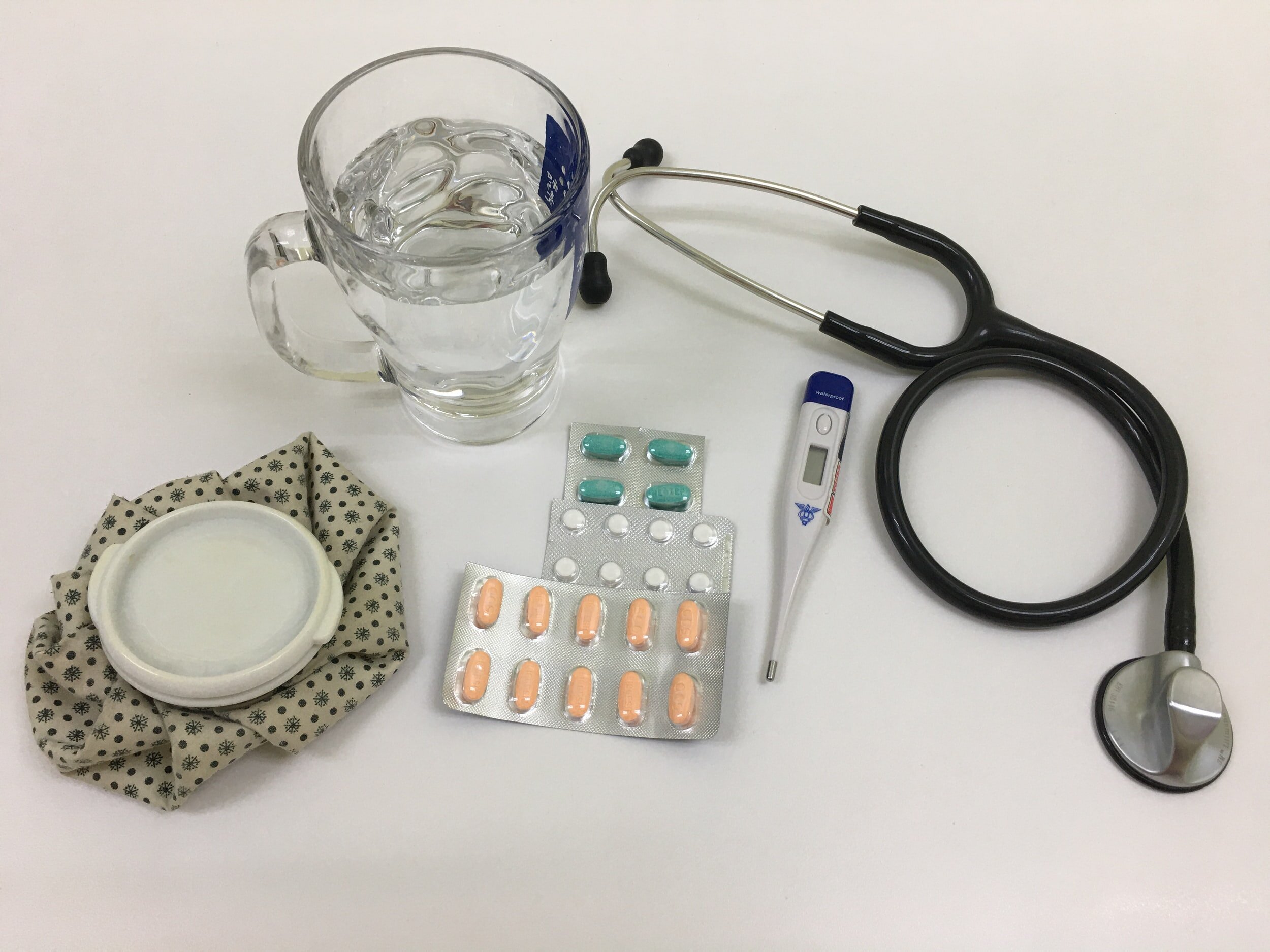Disability | IBD

Photo by Kristine Wook on Unsplash
When I got word that we were writing blogs about disability pride for July’s Disability Pride month, I was initially thrilled. I work at a disability office at a university that works with disabled students to remove access barriers and push institutional culture towards accessibility. I have spent the last three years working towards my Masters of Social Work, primarily focusing on disability rights and disability justice. I grew up with a disabled parent and I am also disabled based on the ever-growing collection of physical and mental health challenges I live with. Disability shapes my family life, my personal life, my work life, my academic life, my social life…there is no facet of my life that is not affected by disability.
And yet, I found myself struggling with this blog. What does it mean to have disability pride? I’ve always seen “pride” as something you have when you enjoy whatever it is you are proud about. I would be lying if I said I enjoy my illnesses. I hate Crohn’s disease and the way it makes me feel. I hate bloody diarrhea and steroids, and 6 injections a month. I hate the fatigue and the weight loss, and the uncertainty of the future. I hate the sense of constant, inescapable dread and impending doom that my OCD brings me (learn more about OCD). I hate the compulsions and obsessive thoughts I have, and the way they consume my life. I hate the panic attacks that leave me gasping for breath at 2 a.m. from my anxiety disorder. I hate the constant aches and pains from my chronic pain disorder. I could go on and on, but I think you get the point: I do not enjoy my symptoms at all. I constantly work towards accepting them (because denying them only exacerbates my suffering), but I am sick and tired of being sick and tired, and I have been for a while. There is no enjoyment here.

Photo by Elisabeth Wales on Unsplash
But, after a lot of internal reflection, I can say definitively that there is still pride. I have pride in my ability to survive pain and suffering I never believed I could. I have pride in the ingenuity I have developed in order to survive. I have pride in the communities I am part of because of my illnesses and the friendships I have developed. Most of all, I have pride in my humanity and dignity.
So often, society portrays disabled people as inferior and sub-human. I have often felt pressured to minimize my symptoms to make others more comfortable, or to hide my illnesses so that others don’t think less of me. Having OCD and Crohn’s, two widely misunderstood and commonly mocked illnesses, can make me vulnerable to ridicule and rejection. For me, having disability pride means rejecting the notion that I am less than because of my illnesses. If you think less of me because of my Crohn’s or my OCD, that’s on you, not me (1).
Having disability pride means rejecting and (working towards) shedding the shame I carry from my illnesses. Early on in my Crohn’s journey, I went into anaphylactic shock at an infusion. I got so sick from the infusion that my body decided diarrhea, vomiting, and fainting all at once was a great idea. One nurse held me so I wouldn’t fall off the toilet, another nurse held a vomit bag to my mouth, while a third nurse put a diaper around me (“You can continue your diarrhea from the bed. We need to get you laying down.”).
Afterwards, I was mortified. I hoped no one would ever find out something so embarrassing had happened to me. I spent the first year of my Crohn’s diagnosis trying to keep it to myself and constantly worrying what others would say if they knew. Likewise, I have often been mortified by my OCD symptoms, keeping people at arm’s length because I don’t want them to notice my OCD and think less of me. I don’t fault myself for having this shame and internalized ableism. We live in a society that holds health and wellness on a pedestal and scorns disability and sickness. Our healthcare system and economic system are set up to prioritize productivity and label those of us who need more rest and accommodations as inferior.
Learning to have disability pride means taking pride in myself with my disabilities, not in spite of them. I do not lose my humanity and my worth because of the taboo illnesses I have. I have as much dignity when wearing a diaper and being held up by nurses as I do when appearing “normal” at work or school. I am worthy of respect whether I am engaging in OCD behaviors or not.
I am learning to accept the reality of my symptoms, but I will not accept a society that looks down on me and other disabled people. I will hold my head up high, and demand respect and humanity, malfunctioning digestive system, obsessive brain, and all. If my disabilities are a problem for you, then you are not entitled to my precious time and energy.
(1) It’s important to note that not everyone is privileged enough to safely share about their disabilities. I am lucky to work in an office where disability and illness are the norm, and talking about my disabilities is seen as an asset rather than a deficit. But, sometimes, sharing about your disability is not safe. It depends on the person and the situation. You can still have disability pride even if circumstances and social injustices force you to hide your disabilities.
